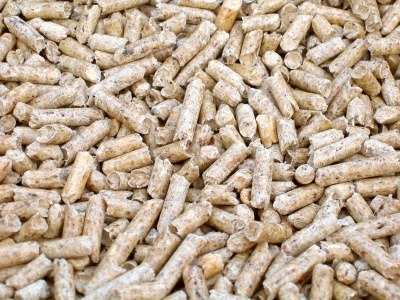Proposed tax hike for home renewable energy installations

A consultation from HM Revenue and Customs asked for opinions from the public on draft legislation to amend the tax reductions that are currently placed on ‘energy-saving materials’ (ESMs, such as wind turbines, biomass boilers, solar panels and draught insulation).
Currently, people wishing to install ESMs in their homes generally pay a reduced rate of VAT, at five per cent. The government is proposing to remove the current reduced rate of VAT completely for wind and water turbines, meaning that those wishing to install such projects would have to pay 20 per cent VAT.
For other ESMs, the reduced rate of VAT will still be available but only for those who are over 60 or who are receiving certain benefits, such as housing benefit or Jobseeker’s Allowance. If the cost of materials is less than 60 per cent of the total cost of installation, the reduced rate will also be maintained.
The consultation closed last week (3 May), and the Renewable Energy Association (REA), a trade body for the UK renewables industry, has expressed dismay at the prospect of tax hikes, saying that the change would effectively add ‘15 per cent to the cost of most new projects’ equipment’, as well as ‘penalising consumers who wish to reduce their carbon footprint’.
Frank Gordon, REA’s Head of Policy, commented: “The proposed VAT rate hike hits the small-scale renewable energy industry hard during an already difficult landscape. This change risks setting back the UK decarbonisation of homes and businesses in the UK by a number of years.”
Decarbonisation deceleration?
The UK Climate Change Act 2008 sets out a number of carbon budgets that the UK must adhere to in order to reduce its emissions. The country has met its first carbon budget, with a statement on the second (for the period 2013-2017) expected to be released this month. However, the Committee on Climate Change has predicted that the UK will not meet its fourth carbon budget (2023-2027).
In its Clean Growth Strategy, published in October 2017, the government notes that in order for the UK to meet its future carbon budget, it will ‘need to drive a significant acceleration in the pace of decarbonisation’. However, there has been criticism of the government’s approach to subsidies for renewable energy sources. Renewable incentives have declined over the years, with the Feed-in Tariff (FiT) scheme, which provided payments for owners of electricity-generating renewable technologies, now closed to new applicants.
In addition, the Renewable Heat Incentive (RHI), which was set up to boost demand for low-carbon heating, was found in May 2018 to have failed in its mission, with uptake described as 'woefully low'. As a result, contributions from the scheme to the UK's renewable heat obligations and carbon reduction obligations have been cut dramatically – by 65 per cent and 44 per cent respectively.
Gordon continued: “Despite recent mass climate-related protests and the UK Parliament declaring a ‘climate emergency’, the government is again erecting a barrier to cutting emissions and increasing the costs for households who want to help. They are also failing to recognise the cumulative impact of withdrawing as many as 18 policy mechanisms that supported renewable energy deployment since 2015, which could leave the UK trailing behind on decarbonisation and clean growth.
“The REA hopes that government will […] reconsider and address this issue urgently to utilise the hard work businesses have been engaged in to drive down the costs of solar and energy storage.”








